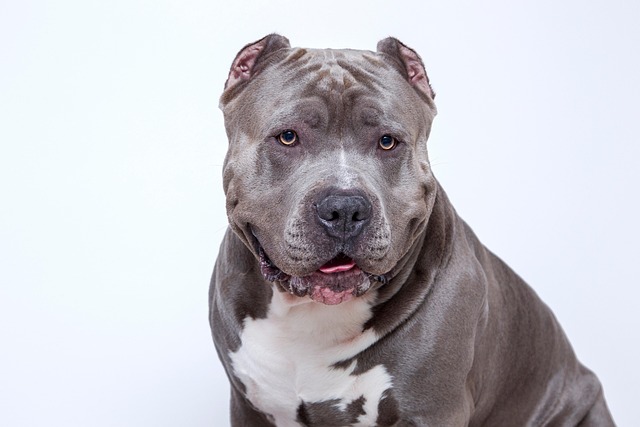
How do i train my dog to be obedient?
Watching your dog dart across the park ignoring your calls isn’t just frustrating—it can put them at risk near busy streets or public spaces.
An 8-week old puppy is like a tiny sponge, soaking up every sound and sight in their new world—and that makes this the perfect time to start teaching them their name. These little ones haven’t yet formed strong habits, so with the right approach, you can make their name feel like one of the most exciting words they’ll ever hear.
Start small, because a puppy’s attention span is shorter than a squirrel’s dash across the yard. Grab their favorite treats—think tiny pieces of cooked chicken or freeze-dried liver, something that’ll make their tail wag before they even smell it. Sit close, get down to their level, and say their name in a bright, upbeat tone. When those cute ears perk up and they turn to look at you, shower them with praise and that treat. Do this a few times in a row, then take a break. Five minutes max—any longer and they’ll start sniffing the carpet or chewing your shoe instead.
 Work this into moments they already love. When you’re filling their food bowl, say their name as you set it down. When they bound over to greet you after a nap, use their name while you scratch their belly. The key is to pair that word with good things, so they start thinking, “Hey, when I hear that, something awesome happens.” Avoid using their name when you’re upset—yelling it during a chewing mishap might make them associate it with stress, and that’s the last thing you want.
Work this into moments they already love. When you’re filling their food bowl, say their name as you set it down. When they bound over to greet you after a nap, use their name while you scratch their belly. The key is to pair that word with good things, so they start thinking, “Hey, when I hear that, something awesome happens.” Avoid using their name when you’re upset—yelling it during a chewing mishap might make them associate it with stress, and that’s the last thing you want.
Dogs thrive on consistency, so stick with one name. If you’re torn between “Buddy” and “Bubba,” pick one and make sure everyone in the house uses it too. Confusing them with nicknames this early on can slow things down. And keep sessions light—if they start wandering off, let it go. Pushing too hard turns a fun game into a chore, and nobody learns when they’re bored.
As they get better, mix it up. Call their name from across the room, or when they’re playing with a toy. If they turn, make a big deal out of it—extra treats, silly voices, whatever makes them feel like they just won the puppy lottery. This builds their confidence, so they’ll keep responding even when there are distractions, like a neighbor’s cat strolling by.
Remember, every puppy learns at their own pace. Some might get it in a few days, others take a couple of weeks. That’s normal. What matters is keeping it positive—never scold them for not responding. Patience here lays the groundwork for all the training ahead, from sitting to walking nicely on a leash. And while you’re at it, take a moment to check local guidelines on puppy training and socialization—staying in step with community norms helps everyone, including your new best friend.
Before you know it, that little ball of fur will come running every time you say their name, tail thumping a mile a minute. It’s more than a trick—it’s the first thread in the bond you’re weaving, one happy response at a time. Enjoy every wobbly step of the way.

Watching your dog dart across the park ignoring your calls isn’t just frustrating—it can put them at risk near busy streets or public spaces.

New puppy owners often find themselves rushing to clean up accidents before they set in, and that’s where puppy pad training becomes a game-changer.

If you've noticed your dog's waistline disappearing and your veterinarian has mentioned those few extra pounds, your first instinct might be to simply reduce the amount of food in their bowl.

Training a dog to use a designated spot indoors isn’t as daunting as many new owners fear, but it does take consistency and an understanding of your pet’s needs.

That moment of dread on a walk is all too familiar for many new dog owners. You see another dog approaching down the sidewalk of your neighborhood

If the sight of another dog on your neighborhood walk makes your heart sink as your own dog erupts into a frenzy of barking and lunging, you're not alone.